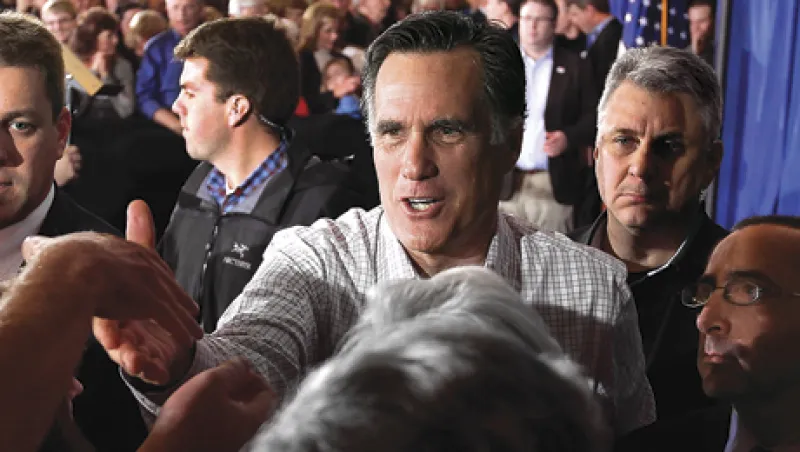Hedge Fund Execs Giving Soft Bucks to Romney
Republican presidential front-runner Mitt Romney's super PAC has received donations from hedge fund managers whose firms invest public pension fund money. On this Super Tuesday primary we take a look at who they are.

